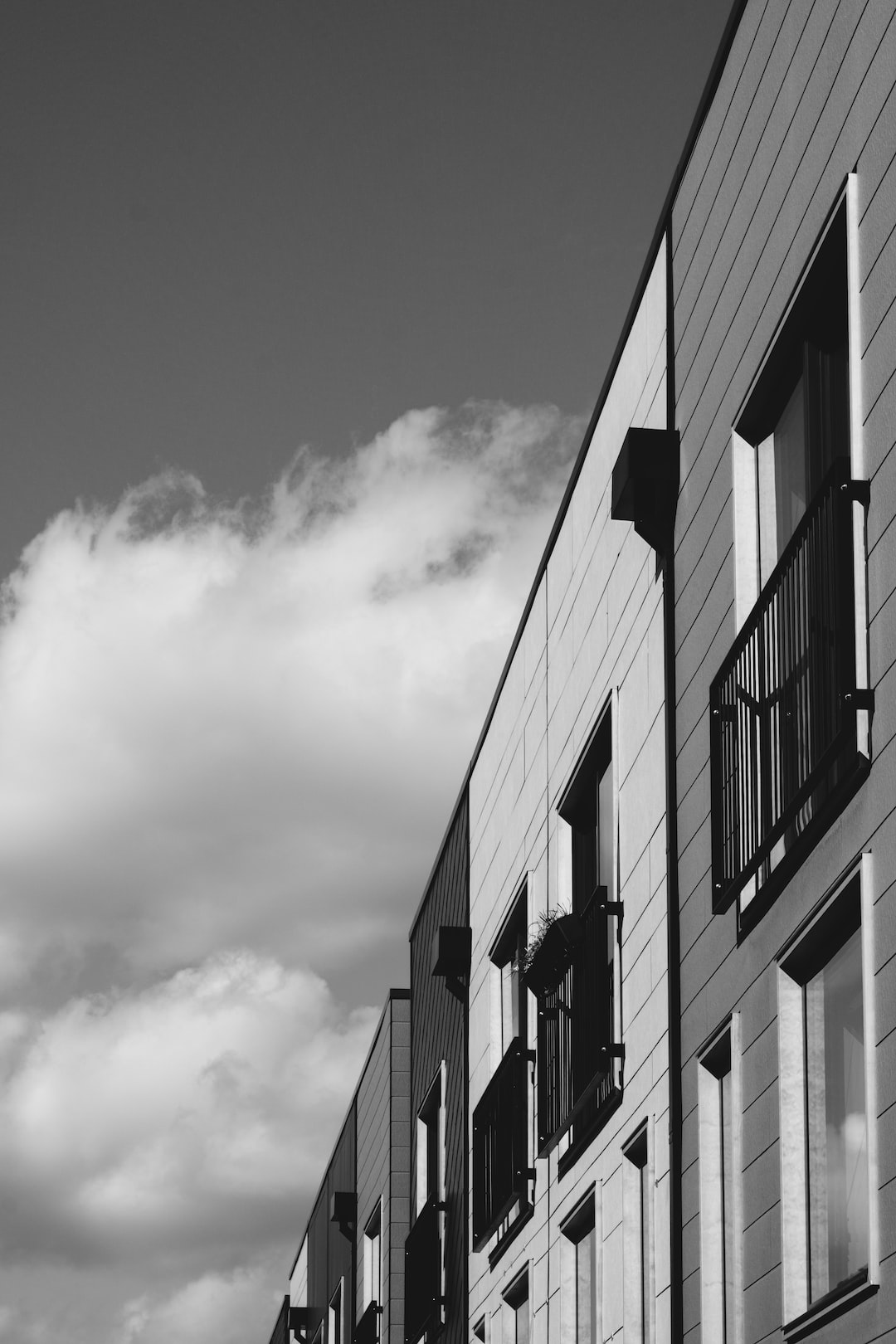The Impact of Location on Property Value
When it comes to buying or investing in a property, location is often considered the most important factor. Why is this? Simply put, location can have a significant impact on the value of a property. Whether it is a house, an apartment, or a commercial property, where it is situated can determine how much it is worth and its potential for appreciation.
One major factor that influences property value is the proximity to amenities and facilities. Properties that are located near schools, hospitals, parks, shopping centers, and transportation hubs tend to be more desirable and valuable. This is because these amenities enhance the convenience and quality of life for residents, making the property more attractive. On the other hand, properties situated in remote or less developed areas may have a lower value due to the lack of nearby amenities and services.
The neighborhood and its reputation can also greatly impact property value. A safe and desirable neighborhood often commands higher property prices. This is because people are willing to pay a premium for safety, peace of mind, and a sense of community. Properties in well-maintained neighborhoods with low crime rates, good schools, and a clean environment are more likely to appreciate in value over time. On the other hand, properties in less desirable neighborhoods may experience slower appreciation or even depreciation due to negative factors like high crime rates, pollution, or poor infrastructure.
Another important aspect that affects property value is the view. Properties with picturesque views of the ocean, mountains, parks, or cityscapes are highly sought after and tend to be more valuable. These views provide aesthetic value and create a pleasant living environment. Conversely, properties with undesirable views like industrial sites, highways, or polluted areas may be less valuable as they detract from the overall appeal and enjoyment of the property.
The overall economic conditions and development plans of an area can also have a significant impact on property value. If an area is experiencing rapid economic growth, with new businesses, job opportunities, and infrastructure developments, property values are likely to increase. Investors and homebuyers anticipate potential appreciation and are willing to pay more for properties in areas with growth potential. Conversely, areas that are experiencing economic decline or have limited development prospects may see stagnation in property values.
In conclusion, location plays a crucial role in determining the value of a property. Proximity to amenities, the reputation of the neighborhood, views, and economic conditions all contribute to property value. It is important to consider these factors when buying or investing in real estate, as they can greatly impact the return on investment and the potential for future appreciation.

